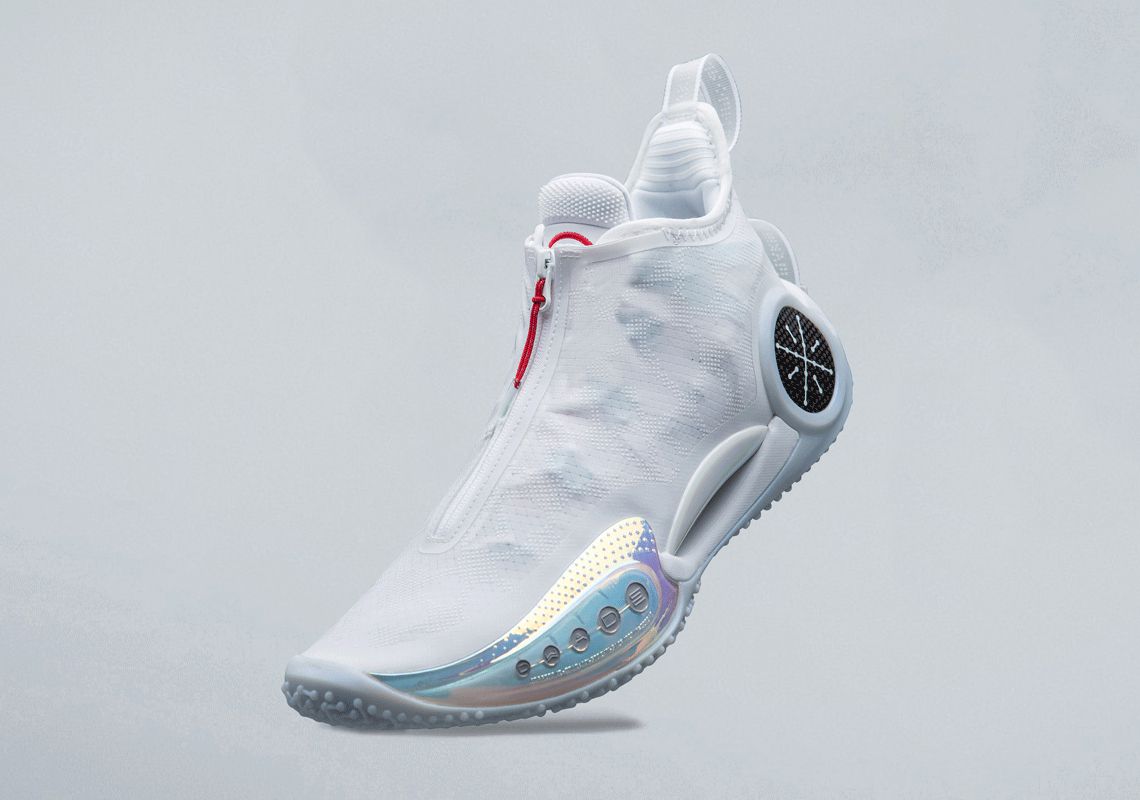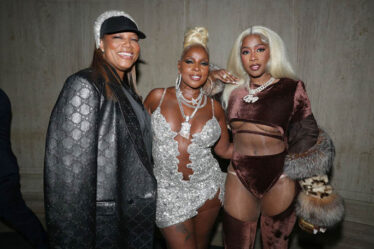
An unspecified quantity of sportswear stock was held on March 14 after US Customs and Border Protection (CBP) said it had evidence the Chinese sportswear manufacturer had used materials manufactured by potentially forced North Korean labour.
Li Ning now has 30 days in which to provide US authorities with “clear and convincing evidence” its products had not been made using “convict labour, forced labour, or indentured labour under penal sanctions in order to export its products to the US” according to the CBP.
If it does not, the goods could be permanently seized and forfeited.
The Countering America’s Adversaries Through Sanctions Act (CAATSA), under which the goods were impounded, bans the importation of merchandise involving North Korean labour anywhere in the world, unless evidence is provided that such goods were not made with forced labour.
“CAATSA is yet another tool in CBP’s trade enforcement arsenal that allows us to uphold the fundamental value of human dignity and to ensure the goods that enter the US are free from forced labour,” said AnnMarie Highsmith, of the Office of Trade Executive Assistant Commissioner.
Given Li Ning derives just 1.1 per cent of its revenue from outside China, the potential seizure is unlikely to impact its business beyond reputational damage. The company was already under scrutiny after Li Ning told China’s Global Times newspaper in March last year that the country’s northwestern Xinjiang region was an important source of materials used in its products. There have been widespread reports – denied by China – of human rights abuses against Uyghur Muslims in Xinjiang.
Li Ning did not immediately respond to BoF’s request for comment.
Learn more:
The World’s Third Largest Sportswear Company May Surprise You
In sportswear, only Nike and Adidas have a higher market cap than Chinese giant Anta. Having surpassed other international rivals in China, the ambitious group now aims to go global.



